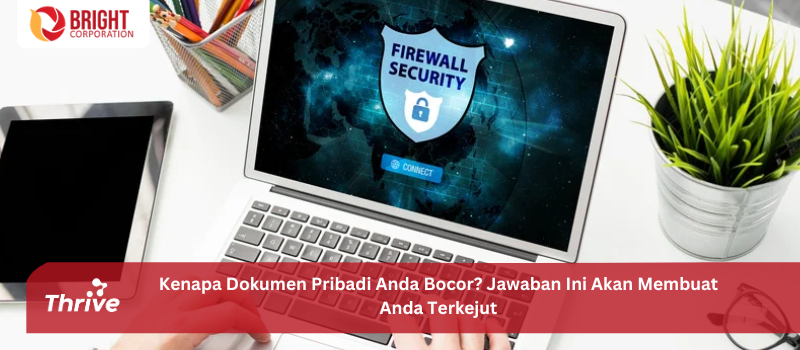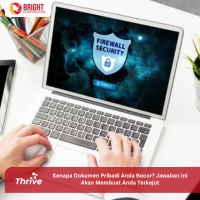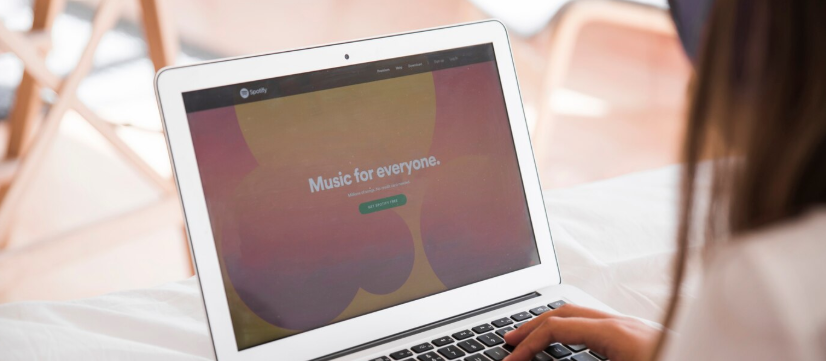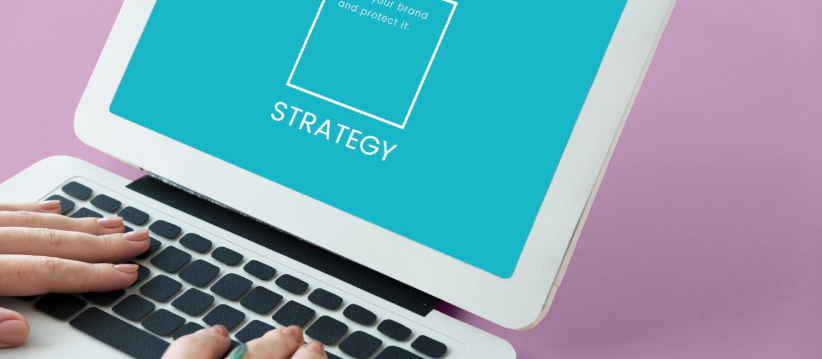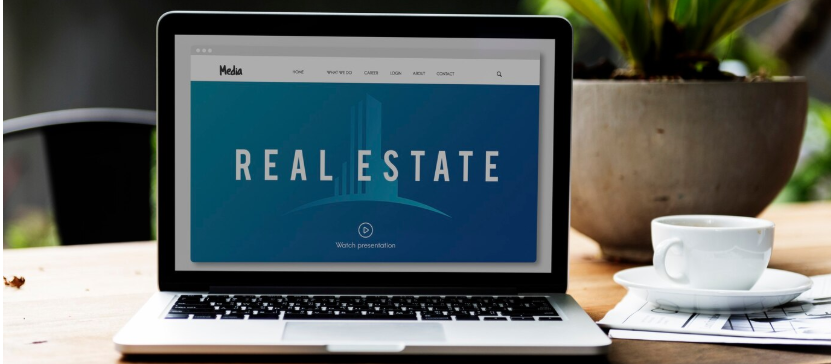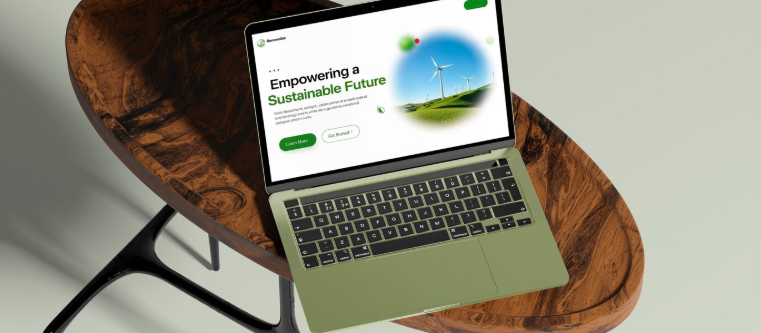Di zaman digital yang semakin canggih ini, menjaga kerahasiaan dokumen pribadi menjadi tantangan tersendiri. Banyak orang terkejut ketika mendapati bahwa informasi pribadi mereka telah bocor, tetapi sedikit yang benar-benar mengetahui penyebab di balik kejadian tersebut. Mungkin Anda telah mengambil langkah-langkah keamanan dasar, namun apakah itu sudah cukup? Berikut adalah beberapa alasan mengejutkan mengapa dokumen pribadi Anda bisa bocor, dan cara melindunginya secara efektif.
1. Menggunakan Jaringan Wi-Fi Publik yang Tidak Aman
Wi-Fi gratis di kafe, bandara, atau tempat umum memang menggiurkan, tetapi ini juga menjadi salah satu jalur favorit hacker untuk mencuri data Anda. Jaringan Wi-Fi publik sering kali tidak memiliki enkripsi yang memadai, sehingga membuat data yang dikirimkan melalui jaringan tersebut rentan disadap oleh pihak yang tidak bertanggung jawab. Jika Anda sering mengakses dokumen pribadi melalui jaringan publik, ini bisa menjadi salah satu penyebab kebocoran.
Solusi: Gunakan VPN (Virtual Private Network) untuk mengenkripsi data Anda saat terhubung ke jaringan Wi-Fi publik. VPN akan melindungi aktivitas online Anda dan mencegah hacker mengakses informasi sensitif.
2. Password yang Lemah atau Digunakan Berulang
Menggunakan password yang sama untuk banyak akun atau menggunakan password yang mudah ditebak adalah kesalahan besar yang sering kali diabaikan. Hacker memiliki alat otomatis yang dapat menebak password dengan cepat, terutama jika kata sandi tersebut sederhana seperti “123456” atau “password”. Bahkan, menggunakan password yang sama di berbagai platform meningkatkan risiko kebocoran, karena jika satu akun diretas, akun lainnya juga rentan.
Solusi: Gunakan password manager untuk menyimpan dan mengelola kata sandi unik serta kuat untuk setiap akun Anda.
3. Phishing: Email atau Pesan Palsu
Phishing adalah salah satu metode paling efektif yang digunakan oleh peretas untuk mencuri informasi pribadi. Mereka akan mengirim email atau pesan yang tampak sah dari institusi terpercaya, seperti bank atau perusahaan besar, yang berisi tautan atau lampiran berbahaya. Begitu Anda mengkliknya, hacker bisa mendapatkan akses ke dokumen pribadi atau bahkan seluruh sistem Anda.
Solusi: Jangan pernah mengklik tautan atau membuka lampiran dari email atau pesan yang mencurigakan. Gunakan software antivirus dengan fitur anti-phishing untuk melindungi diri Anda dari serangan semacam ini.
4. Penyimpanan Dokumen yang Tidak Aman di Cloud
Penyimpanan cloud memudahkan kita dalam menyimpan dan mengakses dokumen dari mana saja, tetapi ini juga bisa menjadi risiko jika tidak dikelola dengan benar. Layanan cloud yang tidak dilindungi oleh enkripsi yang kuat atau pengaturan privasi yang tepat bisa menjadi celah yang dimanfaatkan oleh peretas.
Solusi: Pastikan untuk menggunakan layanan penyimpanan cloud yang menawarkan enkripsi end-to-end. Misalnya, solusi seperti Thrive Secure Cloud menyediakan enkripsi canggih untuk memastikan dokumen Anda tetap aman.
5. Tidak Memperbarui Perangkat Lunak dan Sistem Keamanan
Sering kali, pembaruan sistem operasi atau software dirancang untuk menambal celah keamanan yang ditemukan oleh pengembang. Mengabaikan pembaruan ini berarti Anda membiarkan celah tersebut terbuka untuk dieksploitasi oleh peretas.
Solusi: Selalu pastikan perangkat lunak, sistem operasi, dan aplikasi yang Anda gunakan diperbarui secara berkala untuk meminimalkan risiko kebocoran data.
6. Keamanan Fisik yang Rentan
Tidak hanya ancaman siber, keamanan fisik juga sangat penting. Misalnya, jika Anda meninggalkan perangkat seperti laptop atau smartphone tanpa pengawasan di tempat umum, ada risiko orang lain mendapatkan akses ke informasi dan dokumen pribadi Anda.
Solusi: Selalu gunakan password lock atau fingerprint authentication pada perangkat Anda dan pastikan perangkat Anda selalu dalam pengawasan Anda.
Setelah mengetahui penyebab mengejutkan di balik kebocoran dokumen pribadi, saatnya mengambil langkah nyata untuk melindungi diri Anda. Hubungi Thrive sekarang untuk mendapatkan solusi keamanan lengkap, mulai dari enkripsi cloud hingga perangkat lunak anti-phishing dan VPN. Thrive siap membantu Anda menjaga kerahasiaan dan keamanan dokumen pribadi Anda di dunia digital yang penuh risiko.















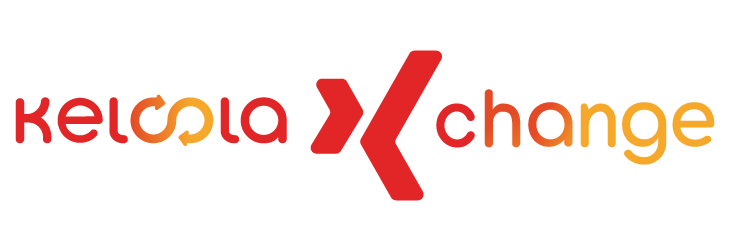
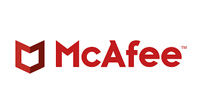
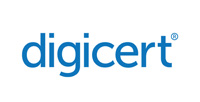
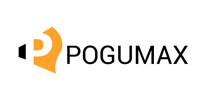
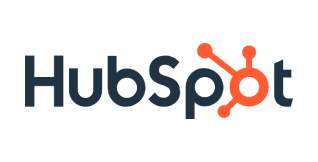
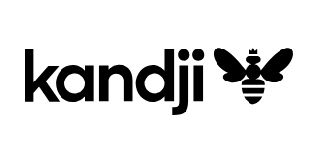
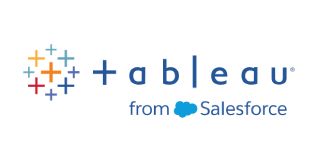
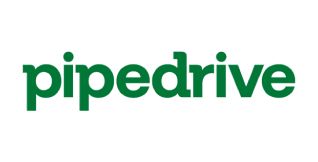
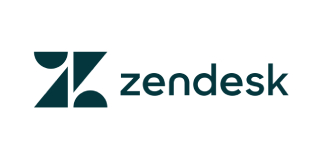
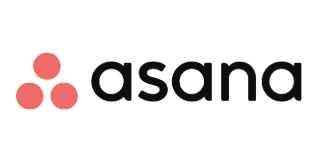
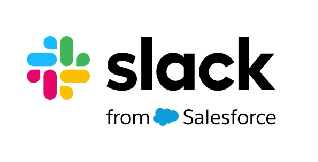
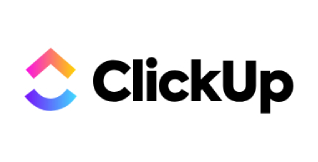

 Industrial Robotics Integration
Industrial Robotics Integration
 IT Outsourcing Service
IT Outsourcing Service
 Secure Internet SD-WAN Connection
Secure Internet SD-WAN Connection
 Digital Marketing Service
Digital Marketing Service

